“Ammonium Nitrate 500gm” has been added to your cart. View cart
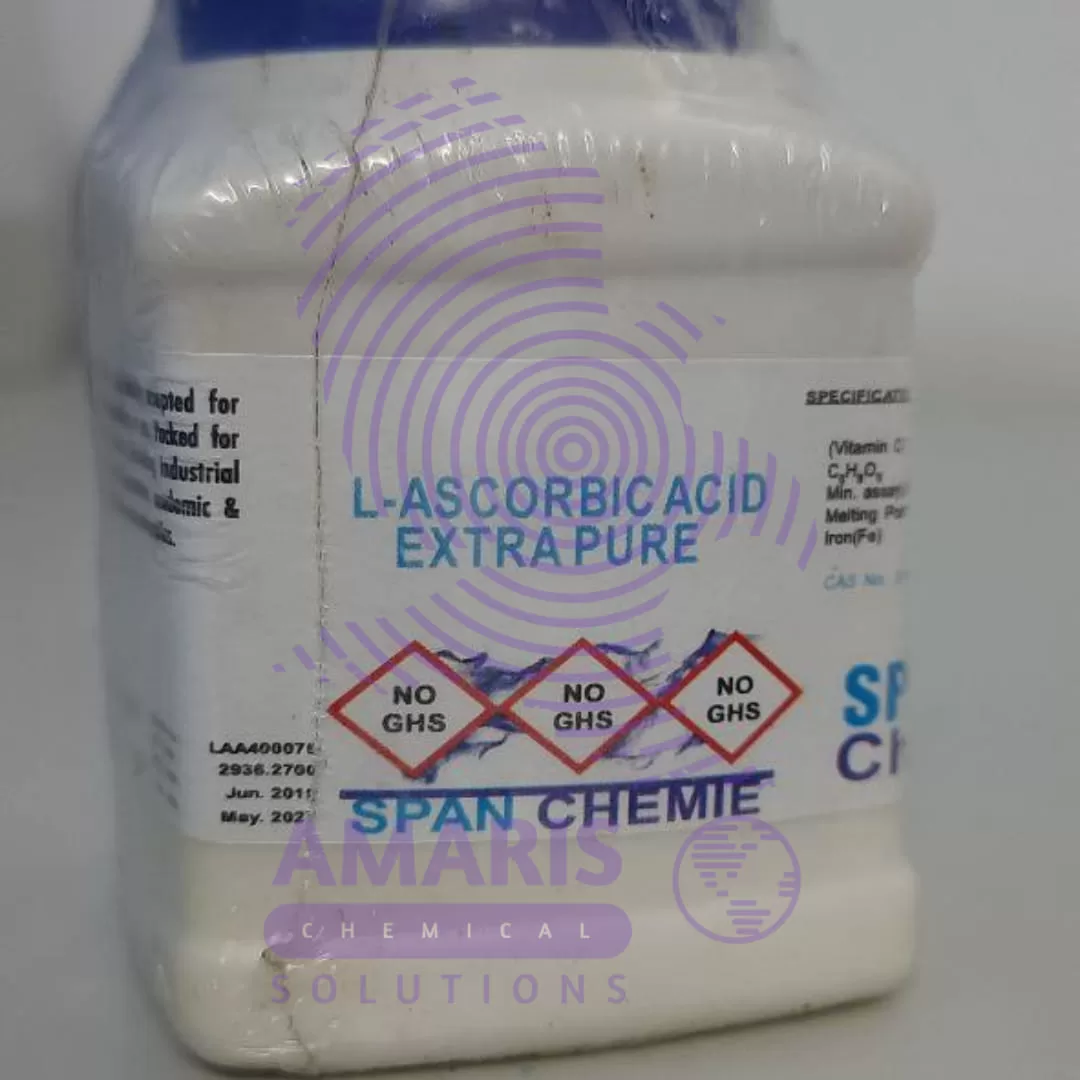
Ascorbic Acid 100gm
$2,500.00 Original price was: $2,500.00.$2,300.00Current price is: $2,300.00.
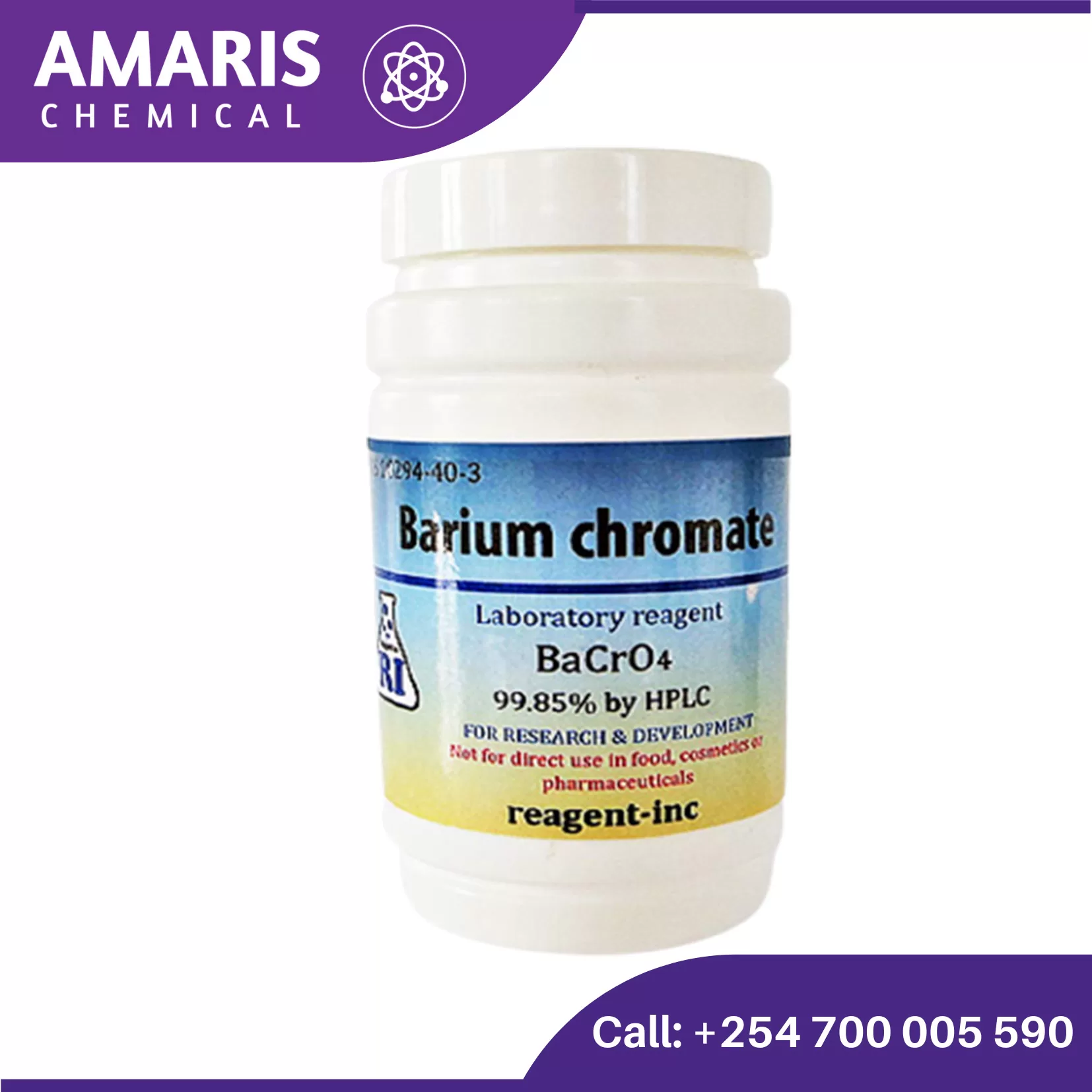
Barium Chromate 250 gm
$2,500.00 Original price was: $2,500.00.$2,300.00Current price is: $2,300.00.
Barium Acetate 500gm
$2,500.00 Original price was: $2,500.00.$2,300.00Current price is: $2,300.00.
SKU:
ACS22783CHEM0
Category: Analytical Reagents
Reviews (0)
Be the first to review “Barium Acetate 500gm” Cancel reply
Shipping & Delivery


MAECENAS IACULIS
Vestibulum curae torquent diam diam commodo parturient penatibus nunc dui adipiscing convallis bulum parturient suspendisse parturient a.Parturient in parturient scelerisque nibh lectus quam a natoque adipiscing a vestibulum hendrerit et pharetra fames nunc natoque dui.
ADIPISCING CONVALLIS BULUM
- Vestibulum penatibus nunc dui adipiscing convallis bulum parturient suspendisse.
- Abitur parturient praesent lectus quam a natoque adipiscing a vestibulum hendre.
- Diam parturient dictumst parturient scelerisque nibh lectus.
Scelerisque adipiscing bibendum sem vestibulum et in a a a purus lectus faucibus lobortis tincidunt purus lectus nisl class eros.Condimentum a et ullamcorper dictumst mus et tristique elementum nam inceptos hac parturient scelerisque vestibulum amet elit ut volutpat.
You may also like…
Anhydrous Barium Chloride 500gm
Barium Chromate 250 gm
Barium Hydroxide 8 hydrate
Rated 5.00 out of 5
Barium hydroxide, with the chemical formula Ba(OH)2text{Ba(OH)}_2Ba(OH)2, is an inorganic compound that is used in various applications. Here’s a detailed overview:
Properties
- Appearance: White crystalline solid.
- Solubility: Moderately soluble in water, forming a strongly alkaline solution.
- Molecular Weight: 171.34 g/mol.
- Density: Approximately 2.18 g/cm³.
- Melting Point: 78 °C (anhydrous form); decomposes in water to form barium oxide and water.
Chemical Behavior
- Basicity: Barium hydroxide is a strong base and dissociates completely in water to form barium ions (Ba2+text{Ba}^{2+}Ba2+) and hydroxide ions (OH−text{OH}^-OH−).
- Reaction with Acids: Reacts with acids to form barium salts and water. For example: Ba(OH)2+2HCl→BaCl2+2H2Otext{Ba(OH)}_2 + 2text{HCl} rightarrow text{BaCl}_2 + 2text{H}_2text{O}Ba(OH)2+2HCl→BaCl2+2H2O
- Hydrate Forms: Often found as the octahydrate (Ba(OH)2⋅8H2Otext{Ba(OH)}_2 cdot 8text{H}_2text{O}Ba(OH)2⋅8H2O).
Barium Nitrate 500gm
Barium Sulphate 500g Extra pure
Barium sulphate is an inorganic compound with the chemical formula BaSO4. It is a white crystalline solid that is insoluble in water, non-toxic, and chemically inert. Barium sulfate is commonly used in various industries and applications, including medical imaging (as a contrast agent for X-ray and CT scans), in paints, coatings, plastics, rubber, and as a filler in various products due to its high density and opacity. Barium sulfate is a white, odorless, and non-toxic crystalline compound with the chemical formula BaSO4, widely used in medical imaging and various industrial applications for its insolubility in water and inert properties.
Related products
Acetic Acid 2.5litre
Acetic acid is an organic acid with the chemical formula CH3COOH, also known as ethanoic acid. It is a colorless liquid with a pungent, sour taste and a distinctive vinegar-like odor. Acetic acid is an important industrial chemical used in the production of various products, including solvents, plastics, textiles, and food additives. It is also the main component of vinegar, which is commonly used as a condiment and preservative in cooking and food preparation.
Aluminum Ammonium Sulphate
Aluminum ammonium sulfate, also known as ammonium alum or just alum, is a chemical compound with the formula (NH4)Al(SO4)2·12H2O. It's a white crystalline solid commonly used in water purification, leather tanning, and as a mordant in dyeing textiles.
In water purification, alum acts as a coagulant to remove impurities by causing suspended particles to clump together, making it easier for filtration to remove them. In leather tanning, it helps to stabilize the leather by tightening the collagen fibers. And in dyeing textiles, alum helps the dye adhere to the fabric.
However, it's important to note that excessive exposure to aluminum compounds like alum can be harmful, so it's typically used with caution and proper safety measures.
Aluminum Carbonate 250g
Aluminum carbonate is a chemical compound with the formula Al2(CO3)3. It is a white, crystalline solid that is insoluble in water. Aluminum carbonate is not commonly encountered in pure form due to its high instability, especially in the presence of water and carbon dioxide. Instead, it tends to decompose into aluminum hydroxide and carbon dioxide when exposed to moisture or acidic conditions.
Aluminum Potassium Sulphate 500gm
Aluminum Potassium Sulphate, commonly known as potassium alum or potash alum, is a chemical compound with the formula KAl(SO₄)₂·12H₂O. It is a type of alum, a double sulfate salt, and is typically found in its dodecahydrate form. Here are some key points about this compound:
Physical Properties:
- Appearance: Colorless, transparent crystals or white powder.
- Solubility: Soluble in water but insoluble in alcohol.
- Melting Point: Decomposes at high temperatures before melting.
Chemical Properties:
- Molecular Formula: KAl(SO₄)₂·12H₂O
- Molecular Weight: 474.39 g/mol (for the dodecahydrate form)
- Acidity: It is slightly acidic in aqueous solution.
Aluminum Sulphate 500gm
Aluminum sulfate, also known as alum, is a chemical compound with the formula Al2(SO4)3. It's commonly used in water treatment plants as a coagulant to clarify turbid or muddy water by causing suspended particles to clump together and settle out. In addition to water treatment, aluminum sulfate has various other industrial applications, such as in paper manufacturing, dyeing, and as a mordant in textile dyeing to help fix dyes to fabrics.
Ammonium Chloride 500gm
Ammonium chloride is an inorganic compound with the chemical formula NH4Cl. It is a white crystalline salt that is highly soluble in water and has a salty taste. Ammonium chloride is often used in various industrial and laboratory applications, including as a flux in soldering, as a nitrogen source in fertilizers, and as a component in dry cell batteries. It can also be used in medicine as an expectorant to help thin and loosen mucus in the respiratory system

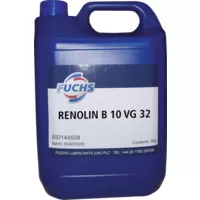
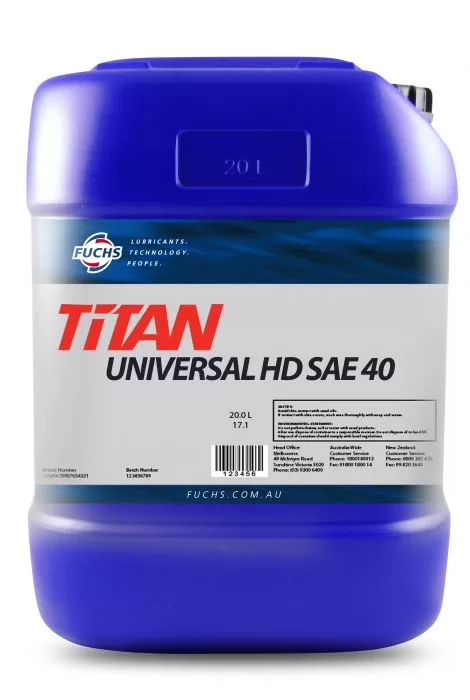
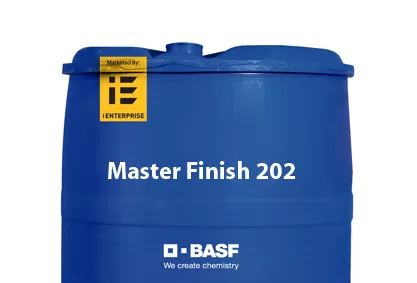
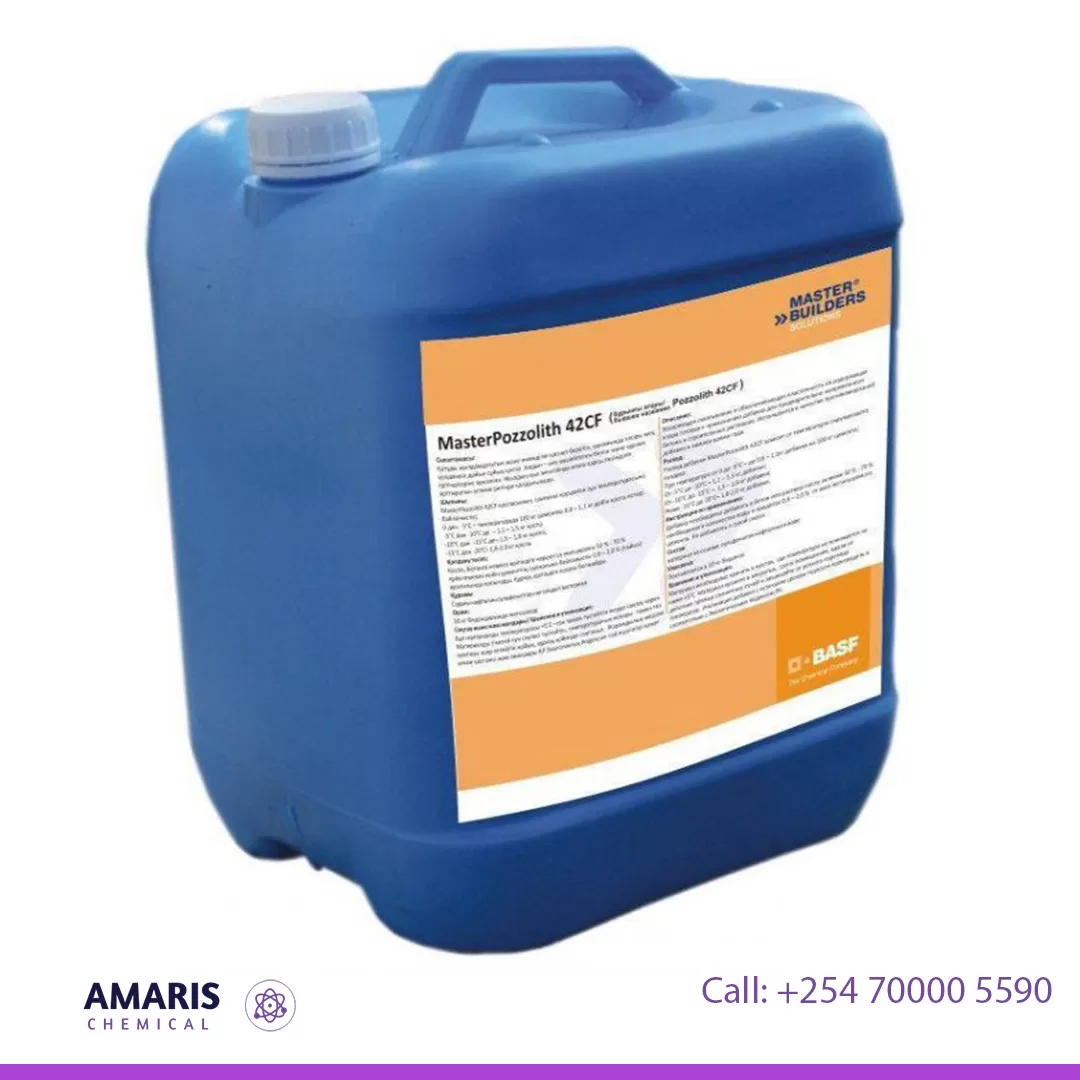





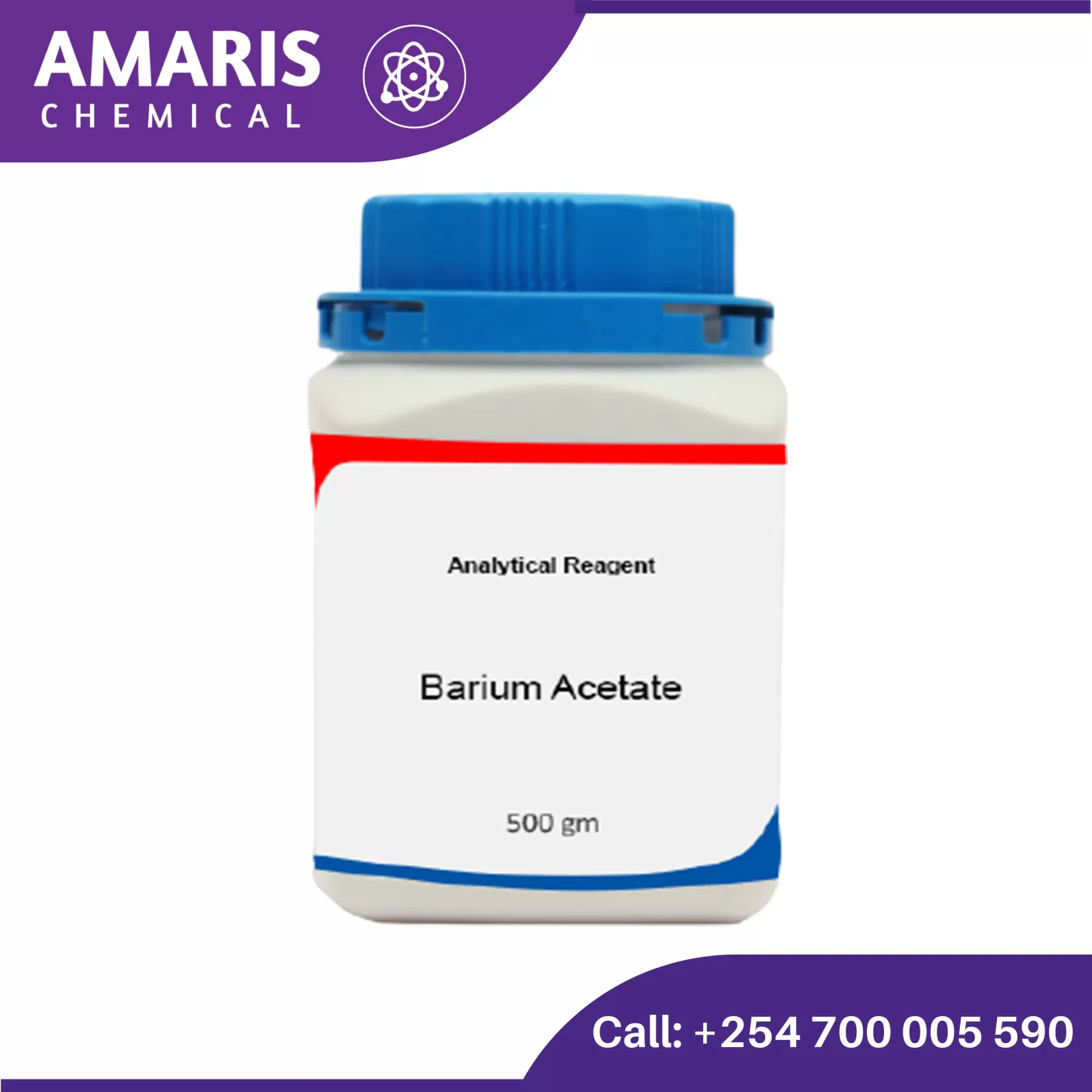
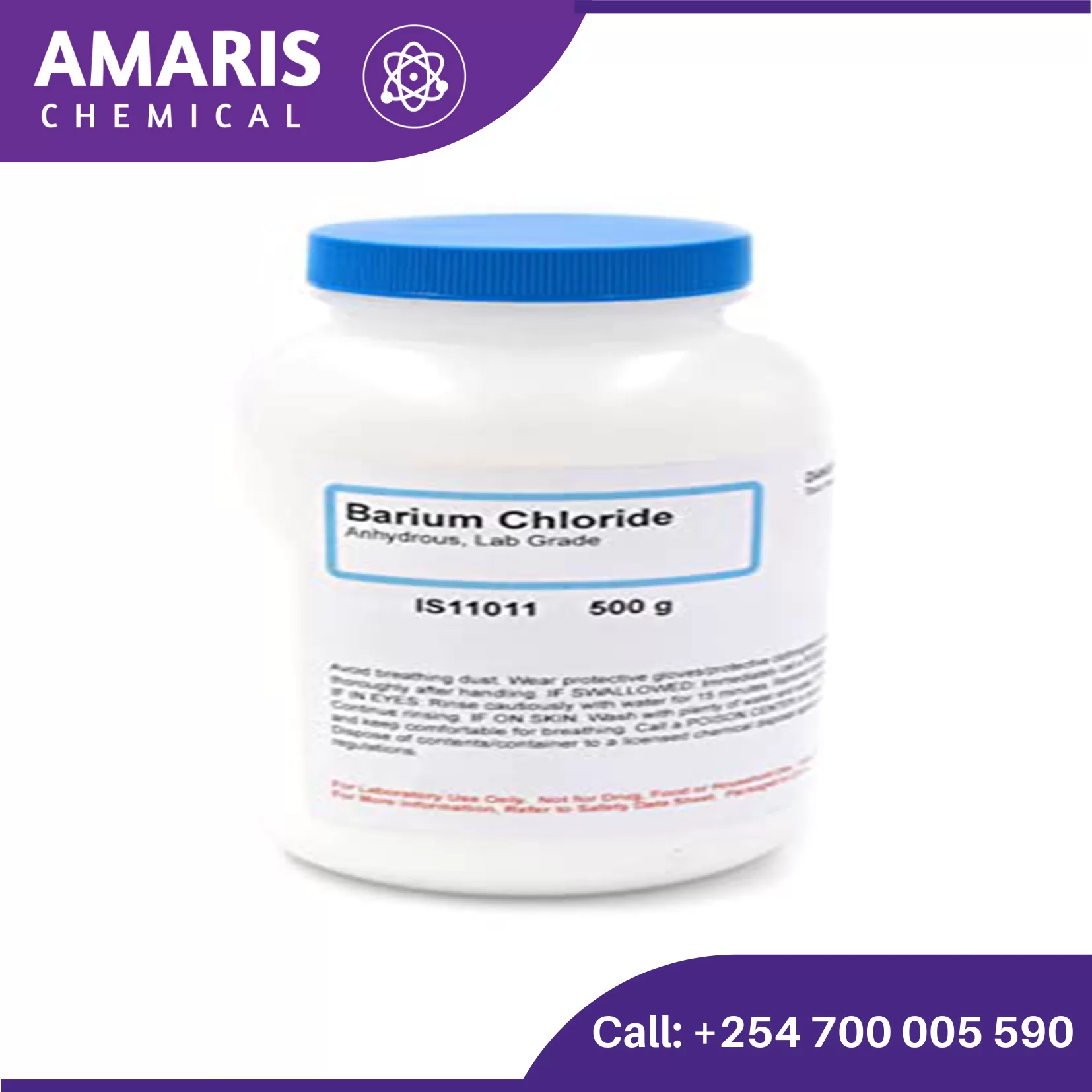
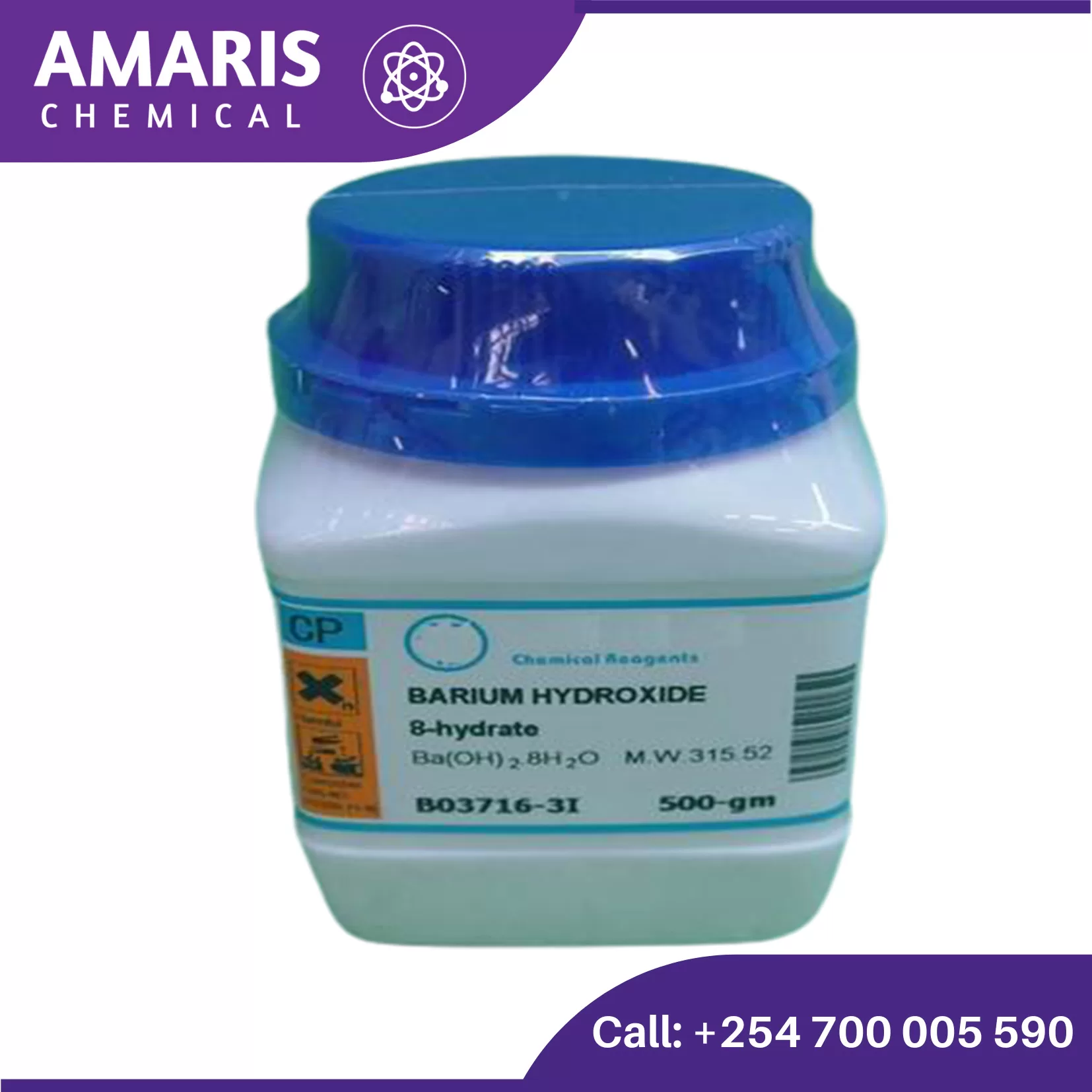
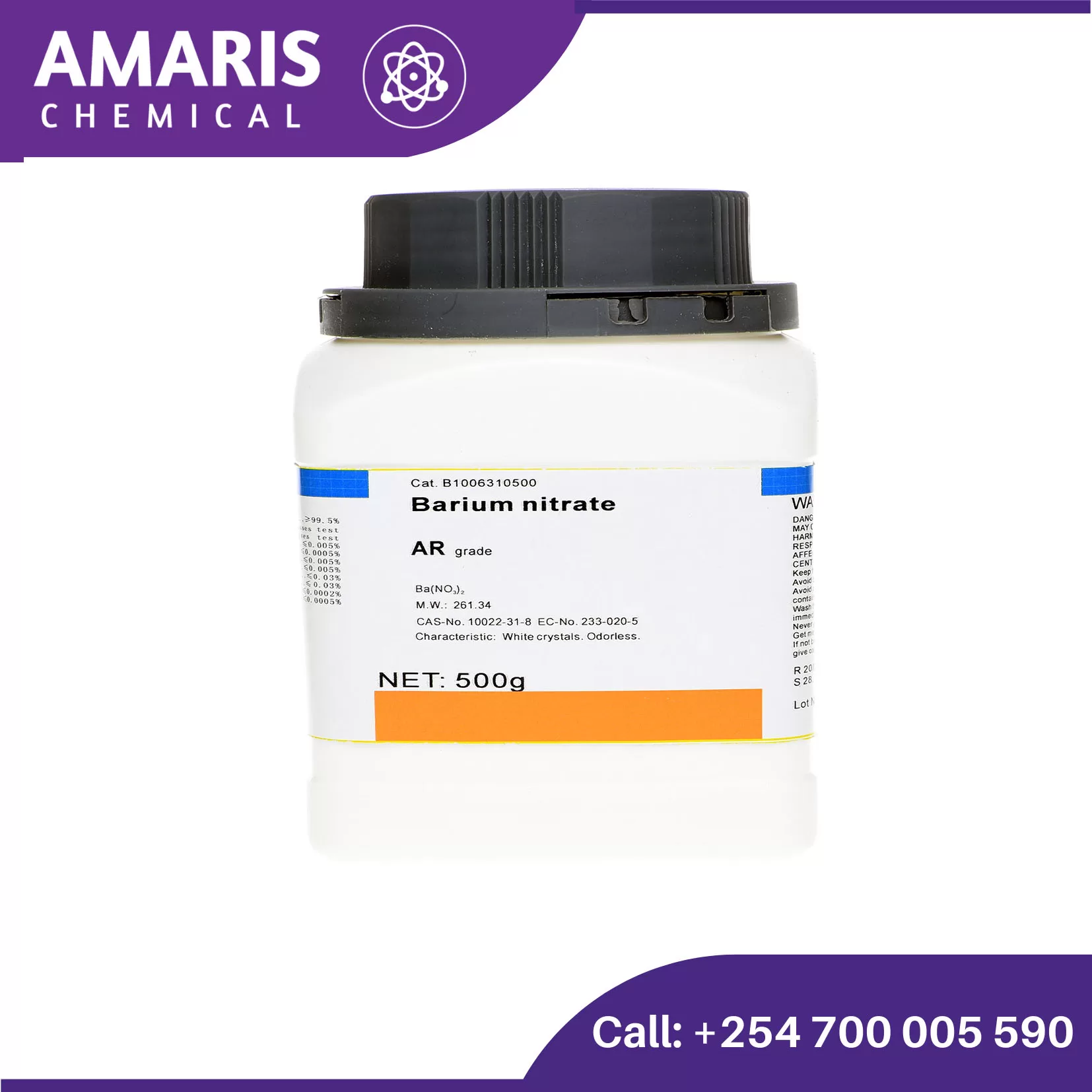
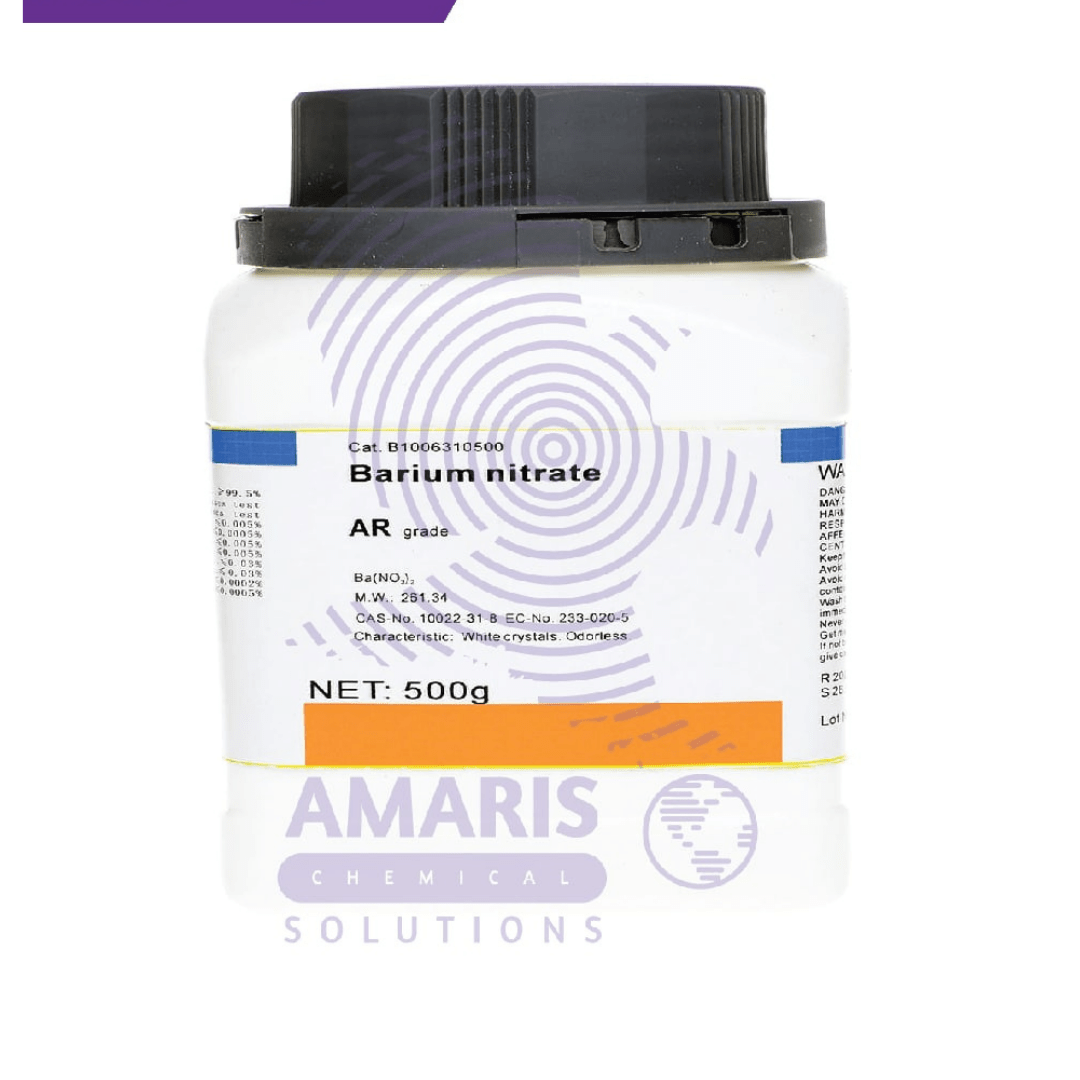
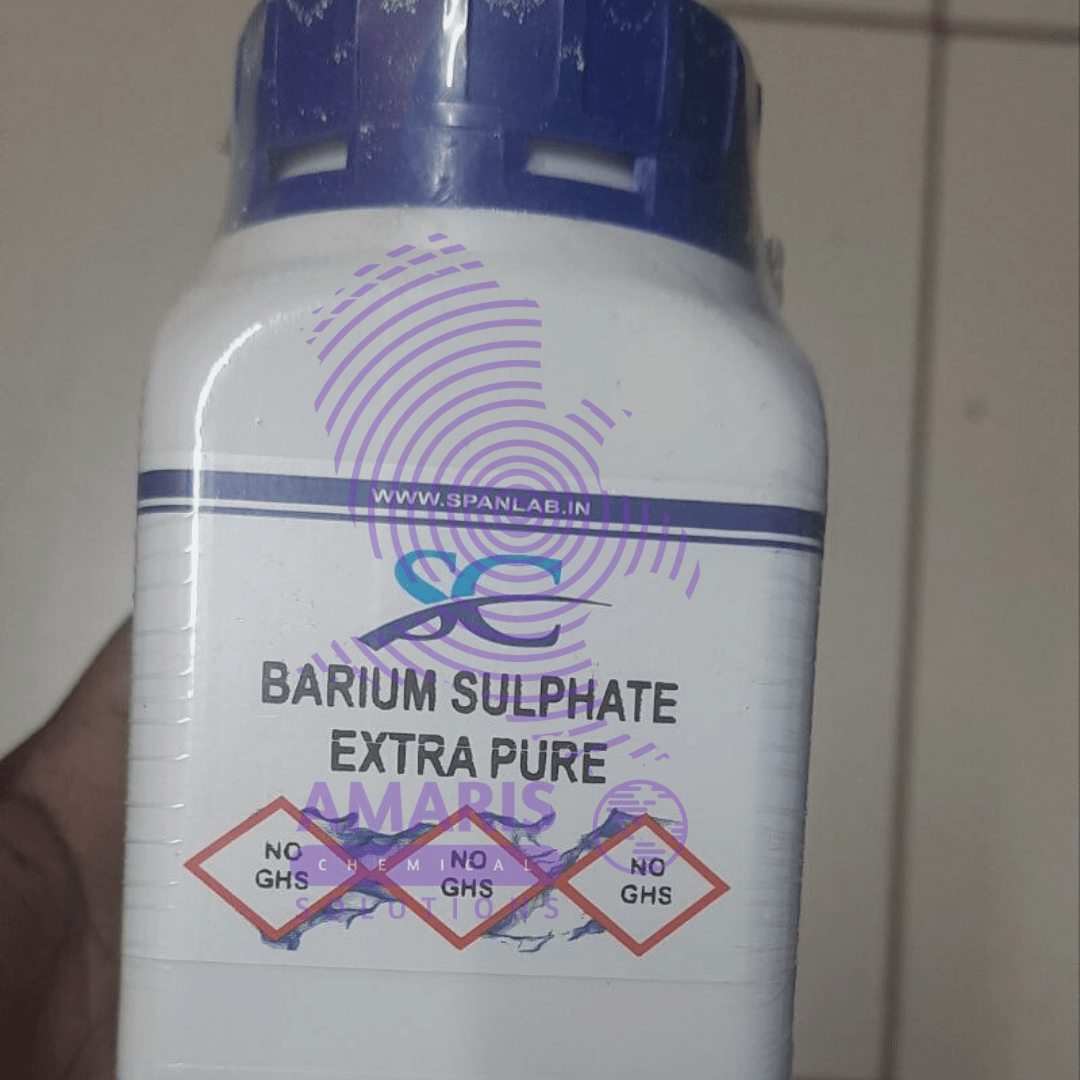

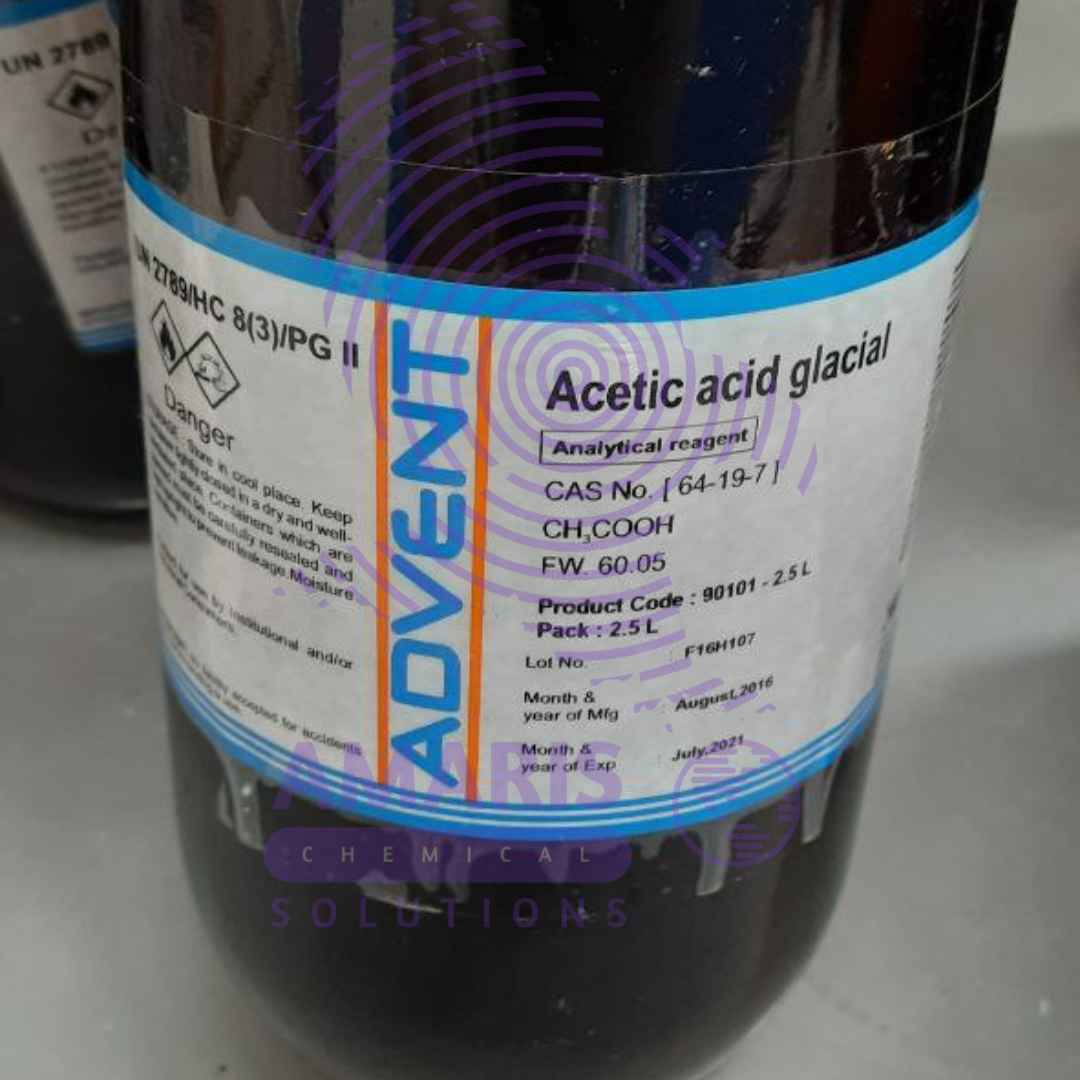
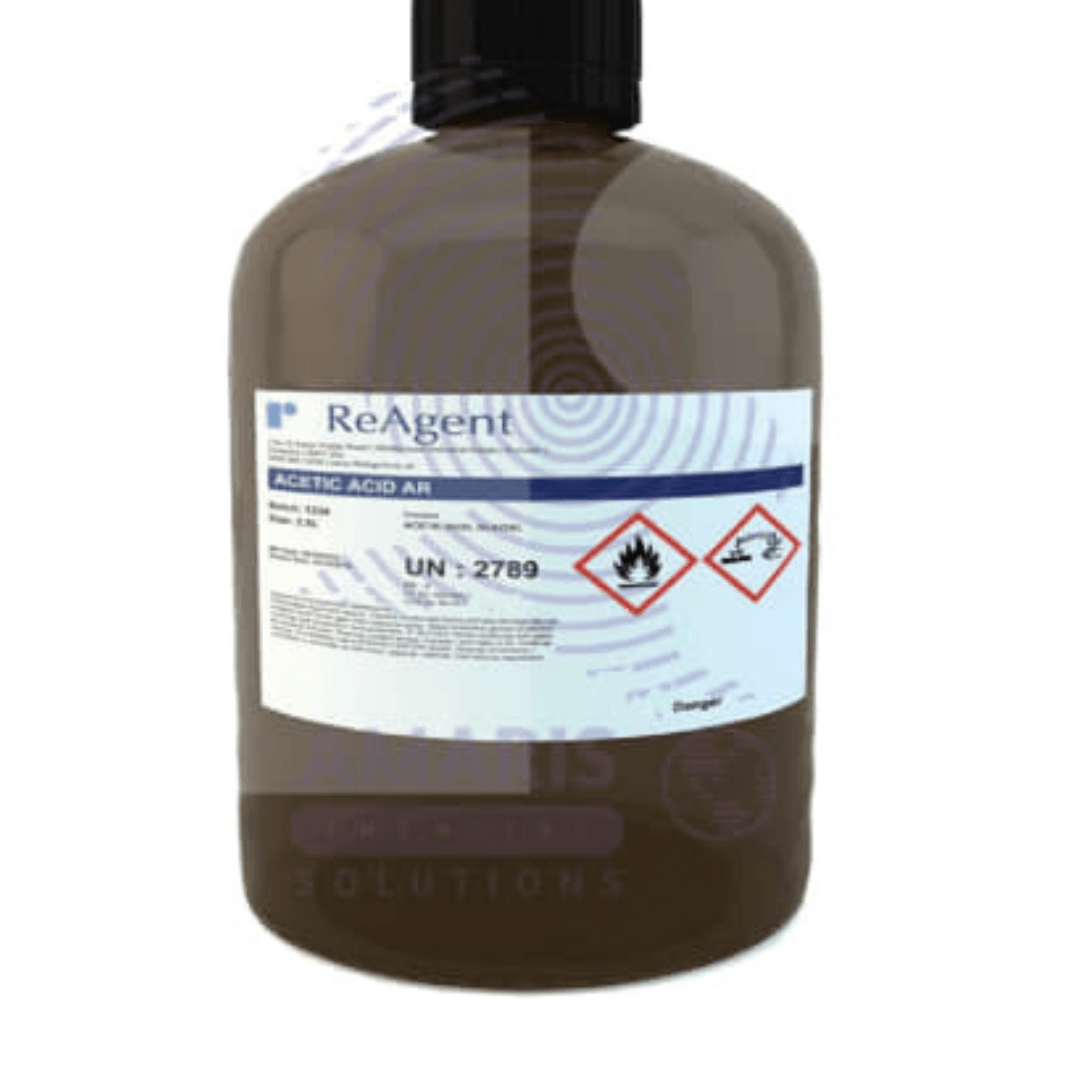
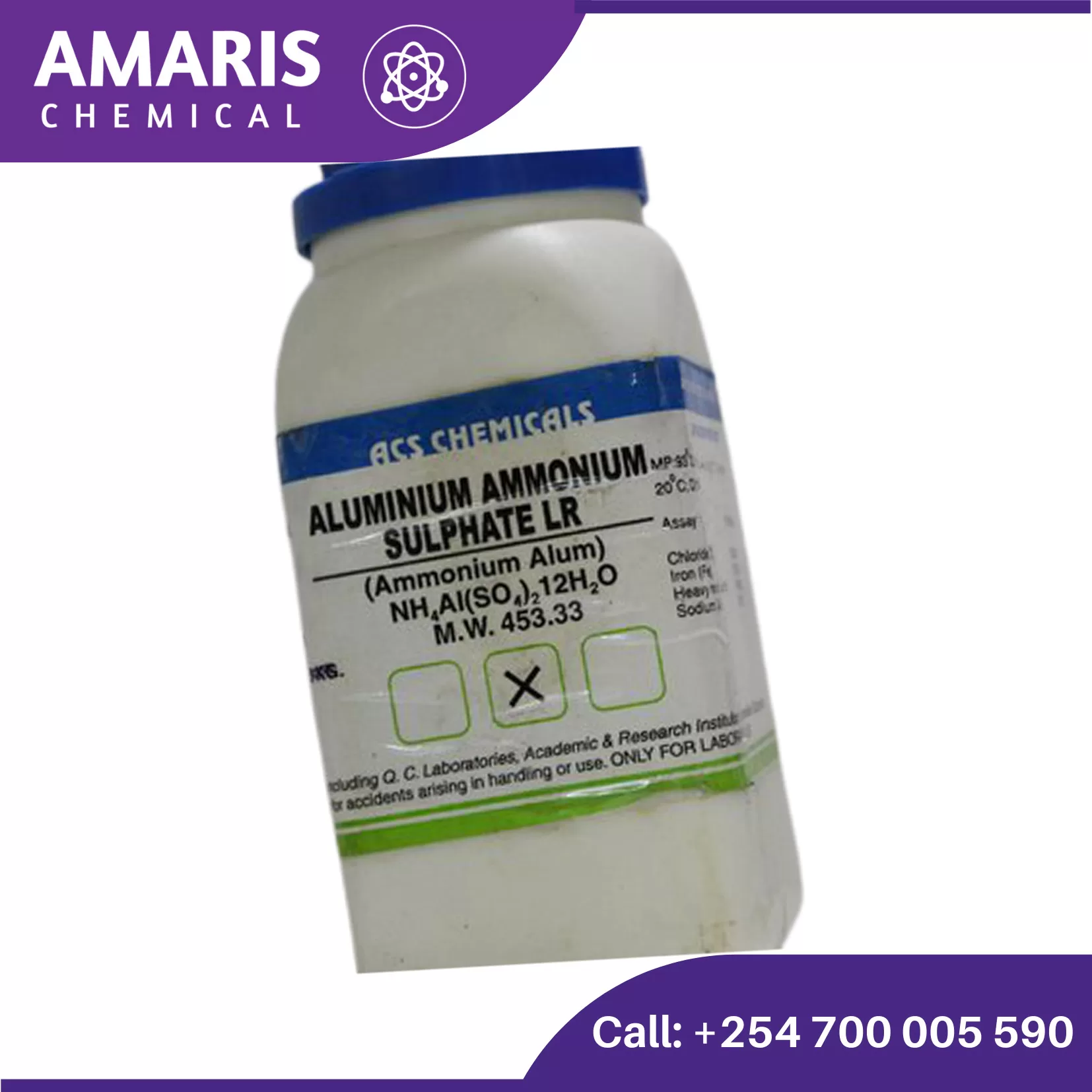
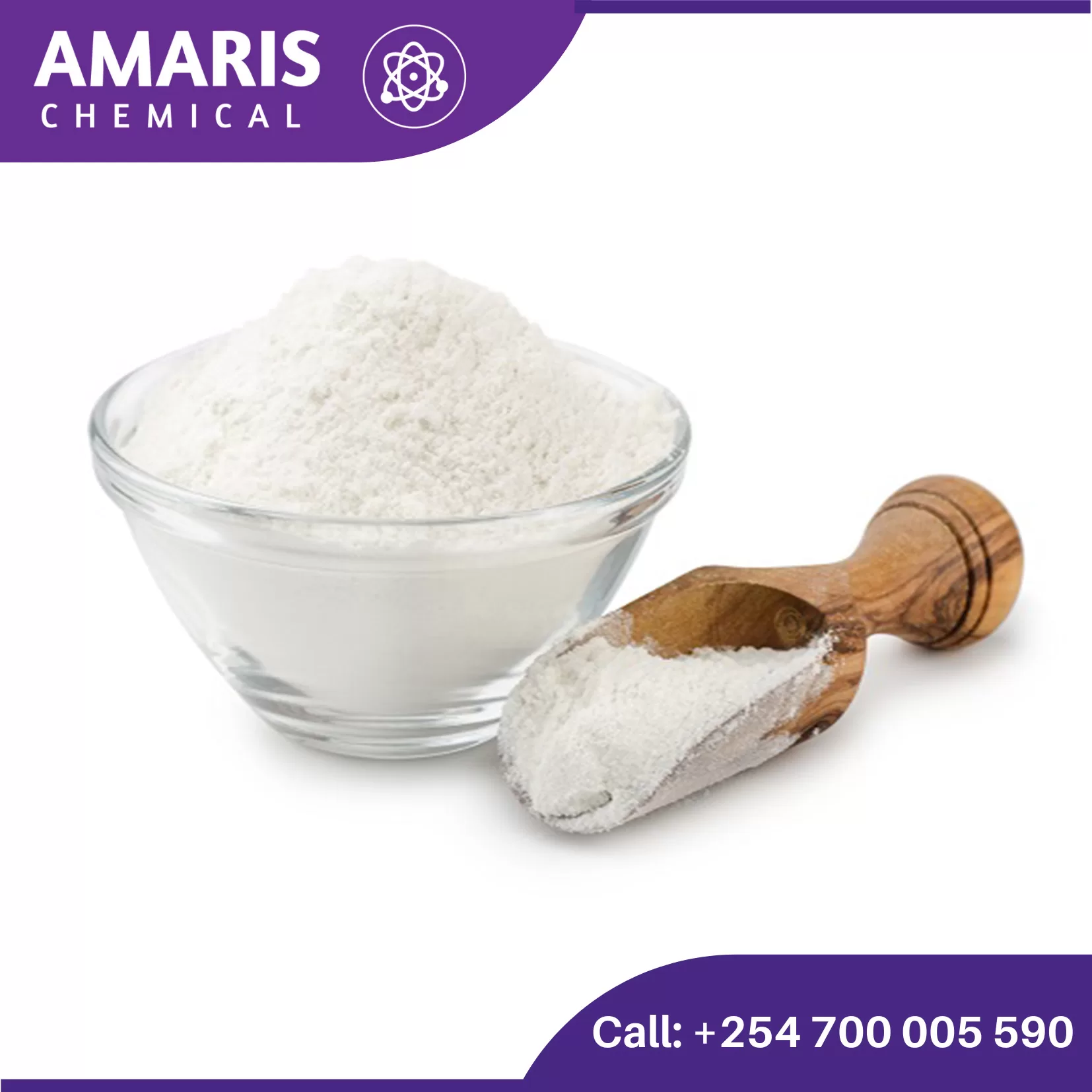
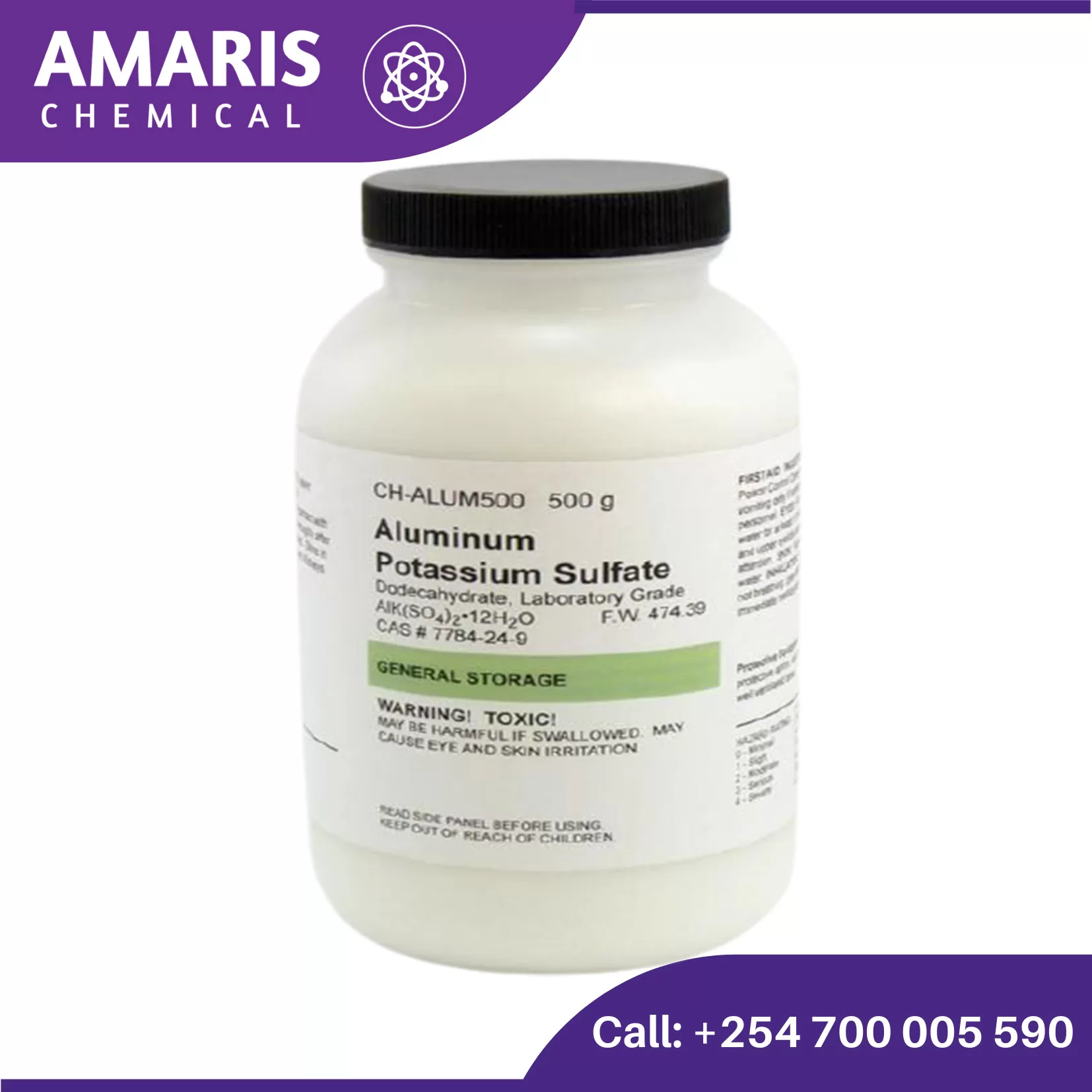
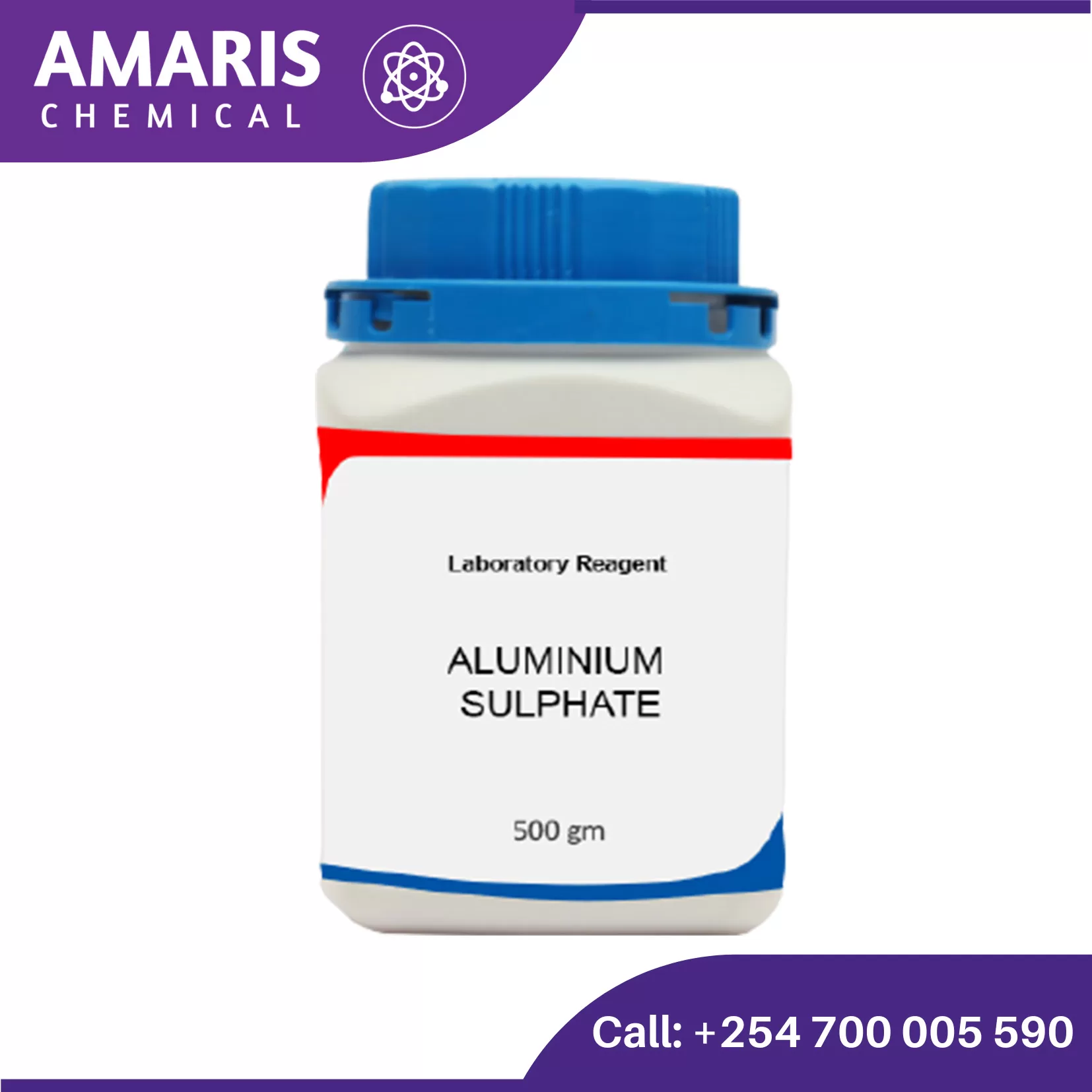
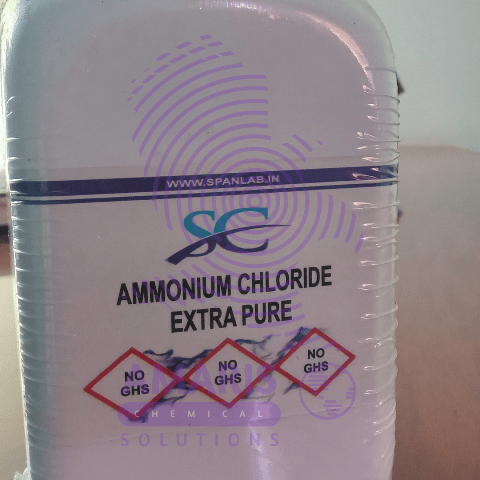
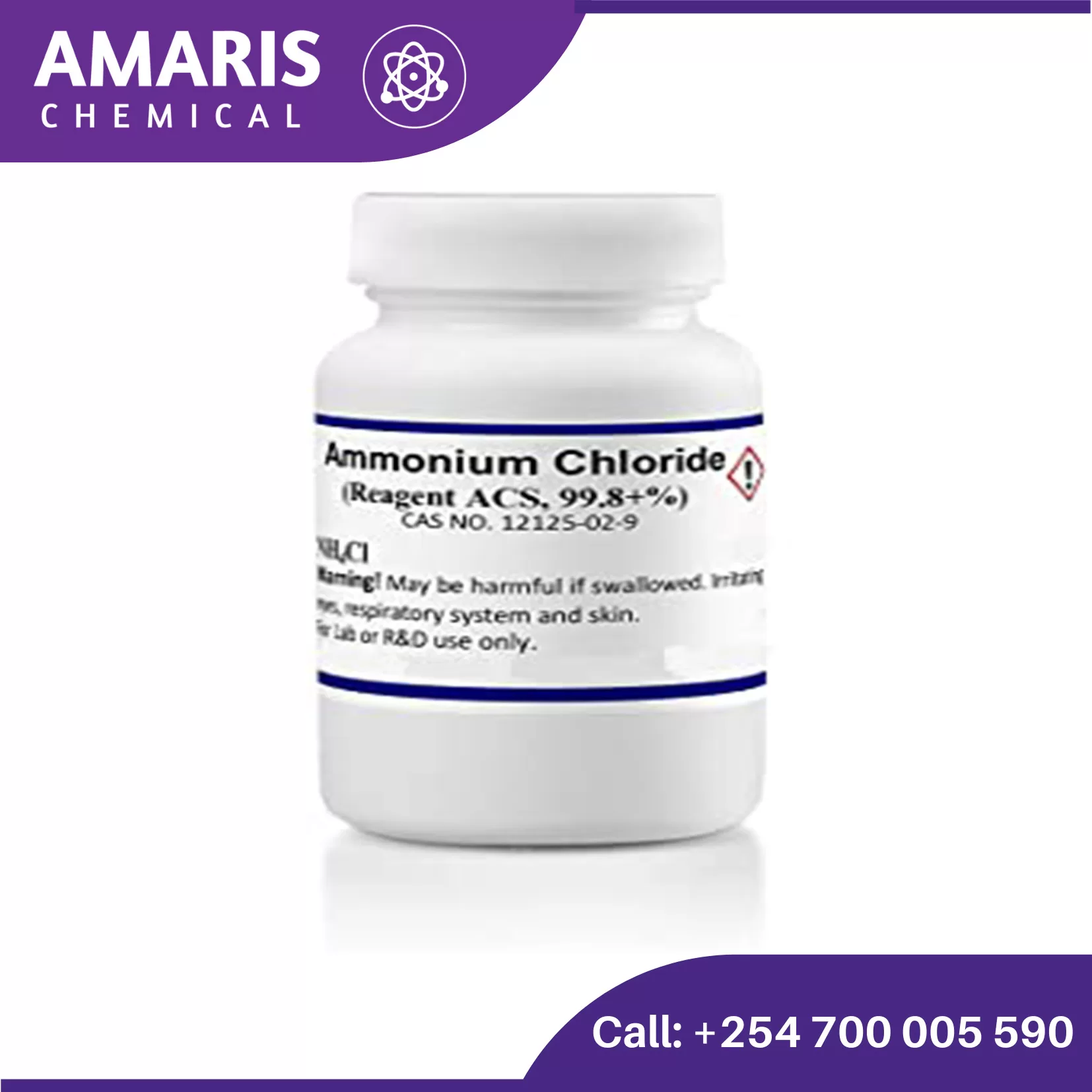
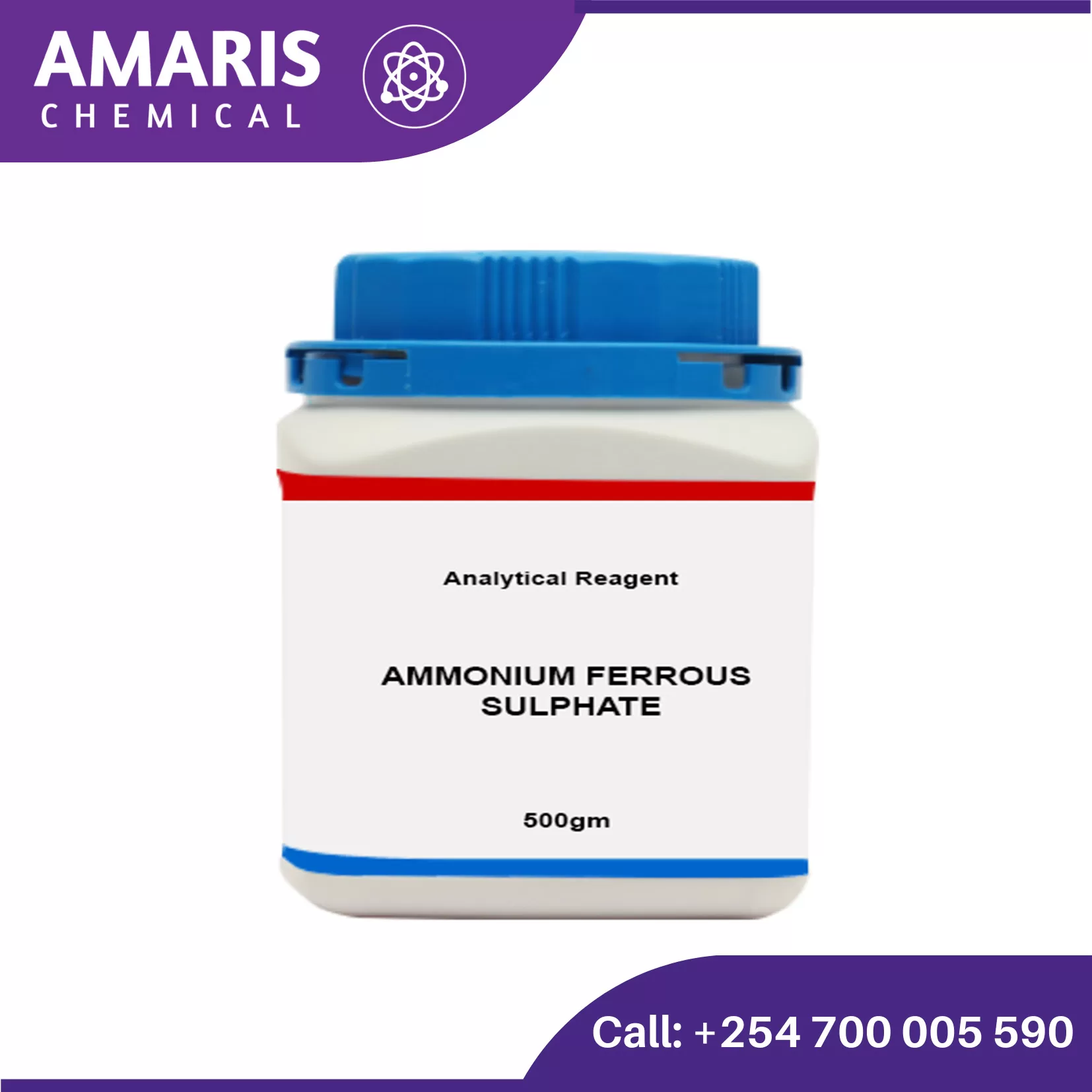









Reviews
There are no reviews yet.